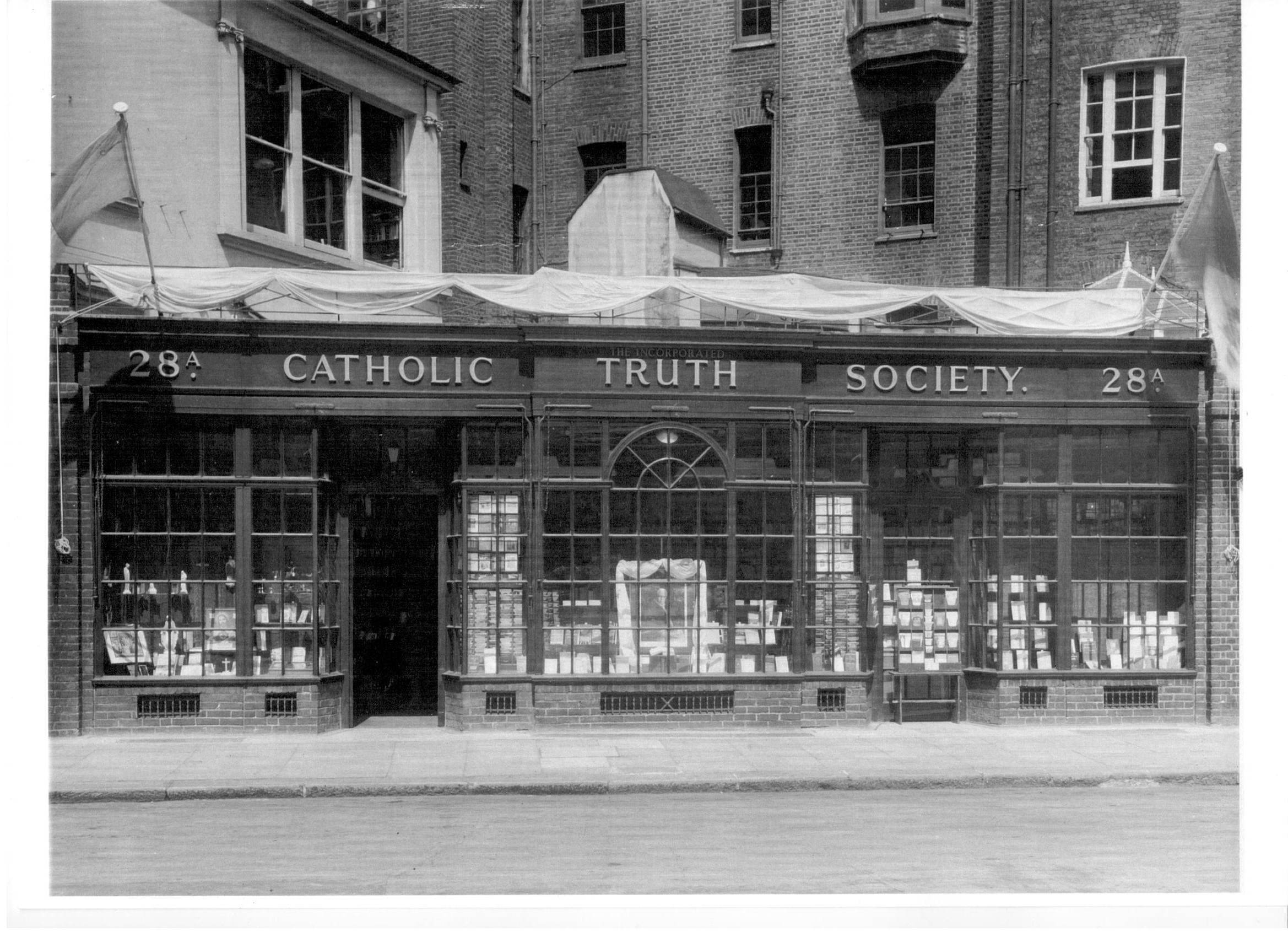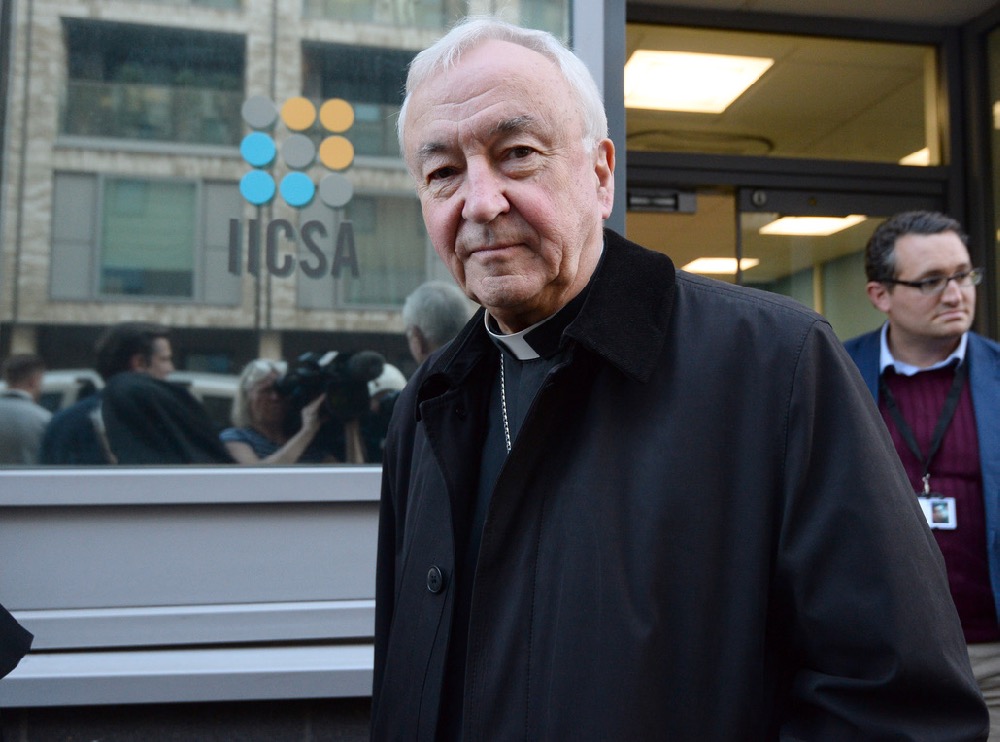Cardinal Vincent Nichols has denied allegations of "cover-up" over child sexual abuse.
His actions as Archbishop of Birmingham when it came to child sexual abuse could be characterised as “see as little evil as possible, hear as little evil as possible, speak as little evil as possible” a lawyer has told the Independent Inquiry into Child Sexual Abuse.
The Archbishop of Westminster, who was Archbishop of Birmingham from 2002 to 2009, on 13 December answered questions about allegations of complicity in a church "cover-up" and for appearing to be more concerned with the Church’s reputation than the disclosure of sexual abuse in his former archdiocese.
Due to ill-health in November, the Cardinal gave evidence to IICSA on Thursday a month after the inquiry, over five days, had examined his former archdiocese, where at least 13 priests have been convicted or cautioned for sex attacks on children and vulnerable adults since the 1950s.
Following evidence given to the panel by the Cardinal, Adam Chapman of the law firm Switalskis, who is representing three victims of priests from the Archdiocese of Birmingham, accused him of seeing, hearing and speaking as little evil as possible.
He continued: “He did no more than events forced him to do, and will continue to do so.”
Addressing Professor Alexis Jay, chair of the inquiry, Mr Chapman said: "You have not heard a satisfactory explanation that is consistent with an archbishop who wanted to do the right thing by victims of priests in the past." He also questioned his "willingness" to take the proper steps to prevent it happening again.
The Cardinal was questioned on his handling of an out-of-court settlement made in 2003 to Christopher Carrie, who is alleged to have been abused as a boy in 1956 by Father John Tolkien, given that a document made clear that Cardinal Nichols knew about previous abuse incidents as early as 1968 involving Fr Tolkien.
Cardinal Nichols told the inquiry that as the 1968 note detailing abuses by Fr Tolkien was known to police, he saw no reason in 2003 to disclose it to the public or to Mr Carrie, nor did he know that under “due process” he would have been able to do so. Instead he had focussed on settling Mr Carrie’s case.
“In the context of the claim and the discussions with the solicitors, my priority was always to get that matter settled, and when that matter was settled, I simply didn’t give the matter further thought for which I’m sorry,” the Cardinal told the inquiry.
In a taped recording played to the inquiry, a second victim of Fr Tolkien,“A343”, accused Cardinal Nichols, given his knowledge of the 1968 note detailing Fr Tolkien’s previous abuses, of “having the nerve to talk to start talking to solicitors about how to cover things up”.
“That’s not Christian,” A343 added.
Cardinal Nichols responded saying the testimony was “very distressing to hear”. He added that he regretted that in 1968 “more decisive action was not taken”.
“I think to me that that’s the point at which we should have protected him from the abuse that followed,” he continued.
He repeated his earlier words saying that in 2003: “My focus remained on settling rather than hiding from the claimant a note which was relevant.”
The Cardinal was also challenged as to whether his reaction to the BBC broadcasting an exposé in 2003 on sexually abusing priests in his diocese revealed him to be more concerned with the Church’s reputation than uncovering the truth.
In a press release following the broadcast, “Kenyon Confronts”, the inquiry learnt that Cardinal Nichols wrote: “The broadcasting of this programme on the eve of the Silver Jubilee of Pope John Paul II… confirms the suspicions of many, that there is hostility towards the Catholic Church in this country.”
Ms Jacqueline Carey QC, lead counsel for the Birmingham inquiry, said: “Many might think that you were more concerned with not having negative publicity than actually tackling and dealing with the archdiocesan response to the perpetrators or abuse”.
The Cardinal said he could understand that judgement, but it wasn’t his intention.
He maintained that the BBC had behaved “unprofessionally and “frankly, provocatively” in the making of the programme but admitted that, at the time, he been more taken up with “the manner in which the documentary was produced”, rather than what it had achieved.
He added that there were “very positive” elements which he had not previously given attention to, such as that the programme gave a platform to those who had been abused. He also said the programme had “obviously succeeded” in locating James Robinson, an abusive priest who had fled Birmingham for America.
The Cardinal concluded by thanking IICSA for giving a “highly important platform for the voice of victims and survivors to be heard”. He apologised for not being able to attend the hearing on 13 November.
Finishing with an apology he said: “Finally I would just like to say again that the presence in the Church of the terrible evil of.. the sexual abuse of children, is something, as I say, which will mark my priesthood and it a cause of great sorrow, worry and shame for me, and indeed, I know for the Catholic Church.”
In closing statements to the IICSA panel, lawyer Iain O’Donnell, representing abuse survivor, A343, said: “In reality, those in power in the church are as interested in prioritising the reputation of the church over the interests of survivors as much now as ever.”
He said that the vision and aspirations for safeguarding expressed by the Cardinal and key clergyman is positive. However, he said the vision and purported aspirations repeatedly published by the church are unlikely to ever become reality.
Richard Horwell, QC, who is representing the Archdiocese of Birmingham, said both the current bishop of Archbishop of Birmingham, Bernard Longley, and Cardinal Nichols had embraced the challenge of the inquiry, believing it to be a positive platform for the Church and for survivors stories’ to be heard.



 Loading ...
Loading ...